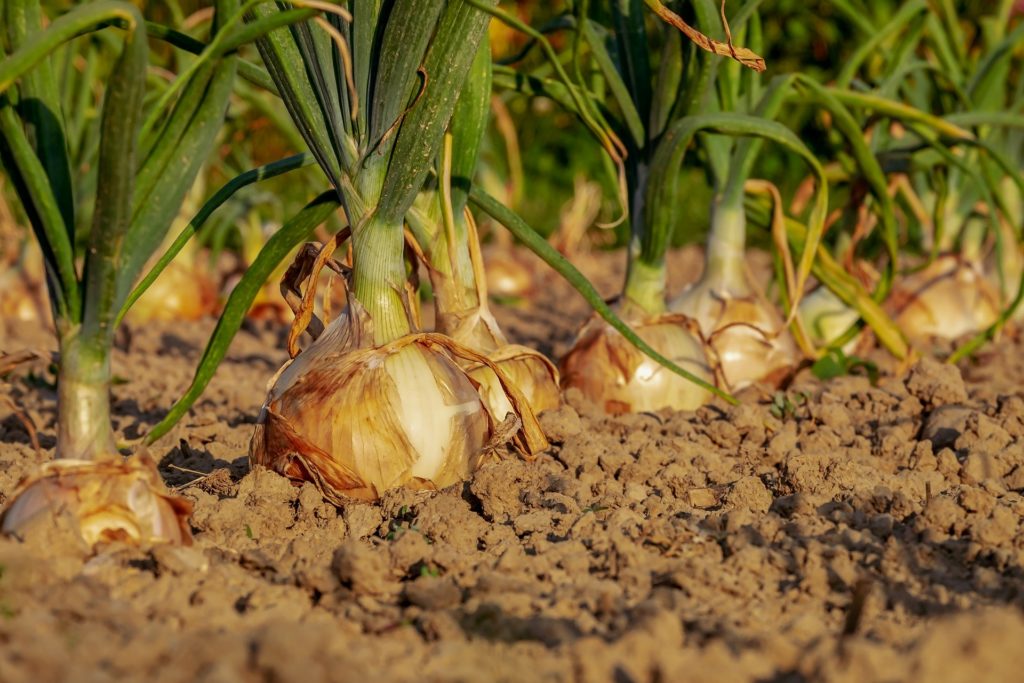 If you have a vegetable garden at home, you’re likely used to all the work that comes along with ensuring that your produce grows well and is edible by the time your harvest comes along. As part of this work, it’s vital that you know how to get your garden ready for summer weather so your plants can survive and thrive regardless of what type of climate you live in.
If you have a vegetable garden at home, you’re likely used to all the work that comes along with ensuring that your produce grows well and is edible by the time your harvest comes along. As part of this work, it’s vital that you know how to get your garden ready for summer weather so your plants can survive and thrive regardless of what type of climate you live in.
To show you how this can be done, here are three tips for preparing your vegetable garden for the summer.
Create Your Own Compost
In order for the plants and vegetables in your garden to grow to their greatest potential, you have to feed the ground in which they’re growing.
One great way to do this is to add compost and other natural elements to the ground and soil surrounding your garden. While you can buy products like this, MarthaStewart.com shares that you can also create your own compost that you can use in your garden. By gathering together scraps of old food and allowing it to begin decomposing naturally, you can add that to your garden to further fertilize your plants. Not only can this enrich your garden, but it can also help you to avoid food waste and save you some money on your monthly garbage bill.
Loosen Up Your Garden Soil
Before you start planting your garden this season, be it in spring or in summer, you need to make sure that the ground is ready to accept that plants you’ll be trying to grow.
To best do this, Julie Martens Forney, a contributor to the DIY Network, recommends that you spend some time loosening up the soil in your garden. While this can be done by hand for smaller gardens, if you have a bigger garden, you may want to use some kind of gardening, farming, or landscaping machinery to speed up the process of tilling up the land that you’ll use for your garden. Once the soil is loose, you’ll have a much easier time working in your garden.
Make A Plan To Protect Your Plants
For some garden plants, harsh temperatures and other elements can make it hard for your vegetables to thrive. Knowing this, you may want to make a plan for how you’ll protect your plants from any harm that’s likely to come to them in your area.
For example, Pamela T. Hubbard, a contributor to Penn State Extension, shares that you can get covers for your plants that allow sunlight and water to get in while keeping many pests out. Additionally, if it’s forecasted to be unseasonably cold or sunny, you can find ways to insulate your plants from these harsh elements.
To help your garden survive the summer and whatever that weather may bring, consider using the tips mentioned about to help you plan and prepare for summer gardening.